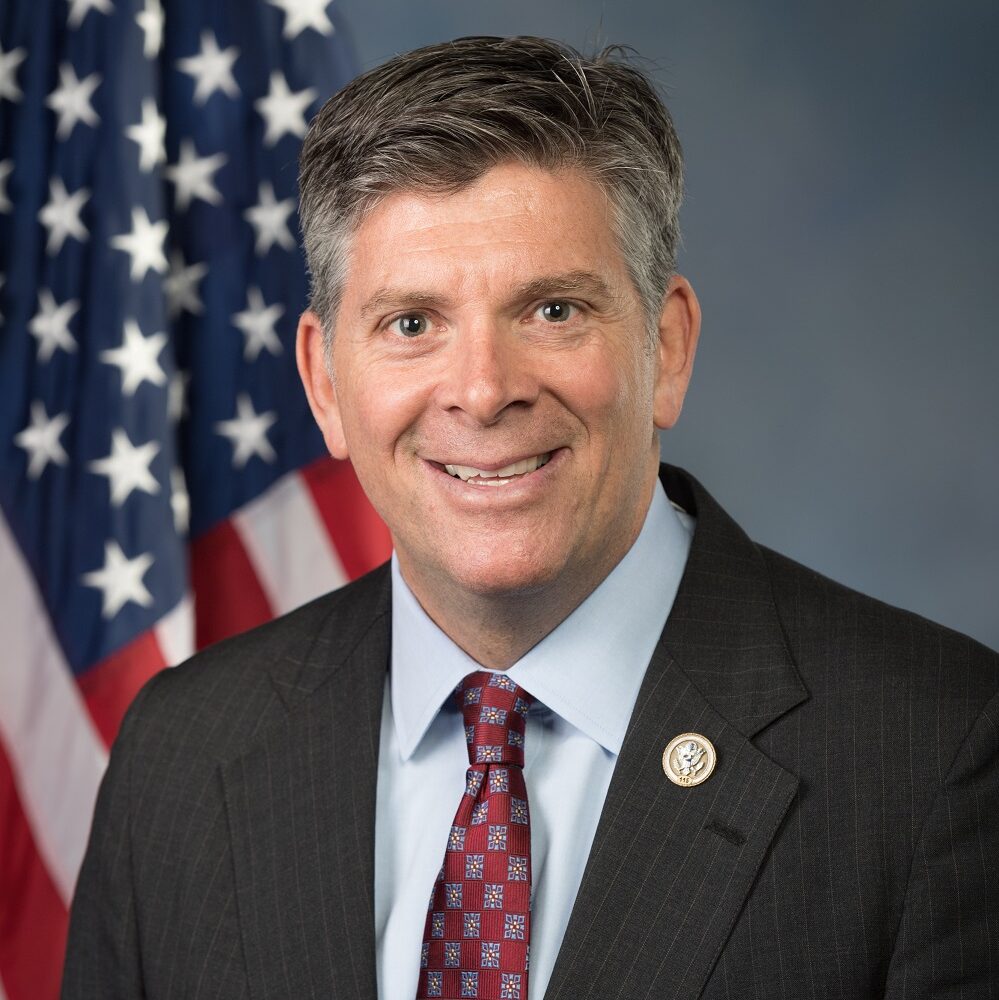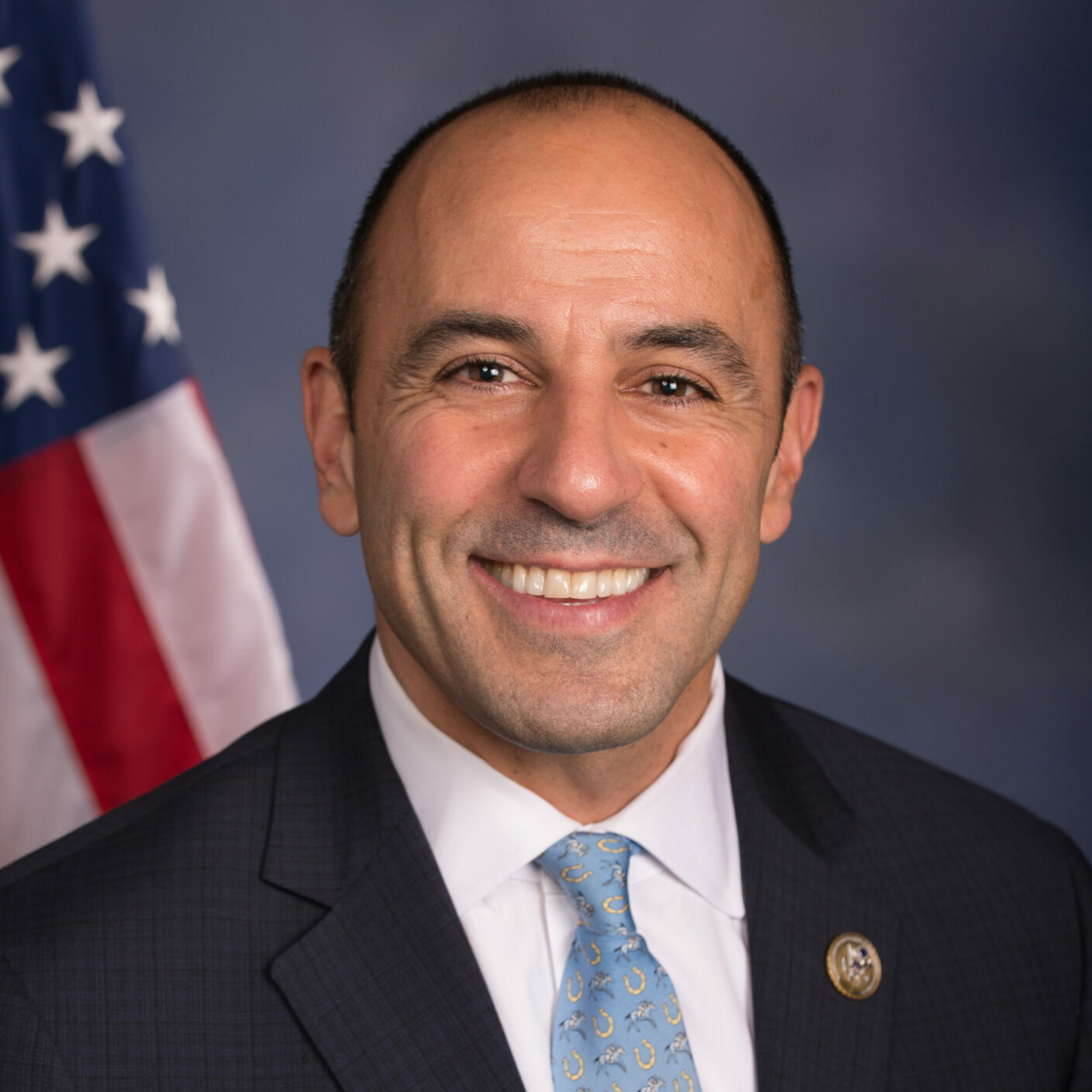
The bipartisan Affordable Housing Credit Improvement Act (AHCIA, S. 1557/H.R. 3238) is comprehensive legislation to expand and strengthen the Low-Income Housing Tax Credit (Housing Credit), our nation’s primary tool for financing affordable rental housing in rural, suburban, and urban communities alike. A successful public-private partnership, the Housing Credit has financed 3.8 million affordable homes since 1986, serving 8 million low-income households, including families, veterans, seniors, people with disabilities, and people who were formerly homeless, and the AHCIA would produce or preserve nearly 2 million additional affordable homes over the next 10 years.
Since it was first introduced in 2016, the AHCIA has gained strong, bipartisan support. The AHCIA of 2023 had 66 original co-sponsors in the House, including 34 Republicans and 22 Democrats, and over two-thirds of the House Ways and Means Committee with jurisdiction over the Housing Credit. In the 117th Congress, the AHCIA was co-sponsored by nearly half of the House of Representatives and Senate.



Through successful public-private partnerships, the Housing Credit offers a proven track record of financing over 3.7 million safe, decent, affordable homes in rural, suburban, and urban areas, serving 8 million households since 1986. Residents are essential workers, veterans, seniors, people with disabilities, and low-wage workers with a national median income less than $18,000. If forced to pay market-rate rents, many would be just one unforeseen event away from being unable to pay rent and potentially losing housing.
The AHCIA of 2023 builds on prior versions of the AHCIA that have earned widespread bipartisan support since first introduced in 2016. Several key pieces of this legislation have been enacted, including a temporary 12.5 percent Housing Credit allocation increase and a flexibility known as income averaging in 2018, a minimum 4 percent Housing Credit rate in 2020, and a provision that would make the Housing Credit more compatible with energy and solar tax credits in 2022. However, the key provisions that would have the greatest impact on affordable housing production are still in need of enactment.